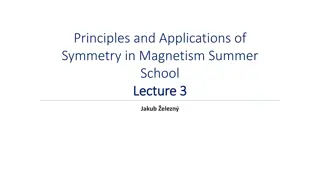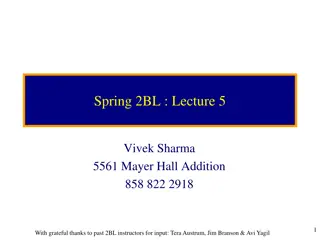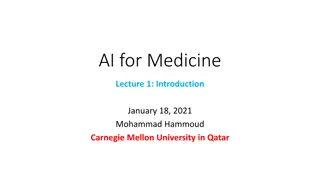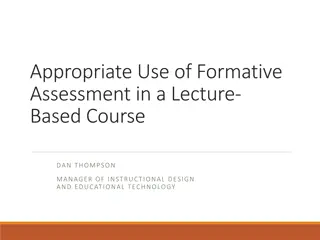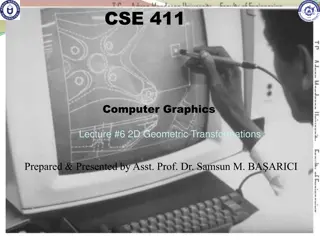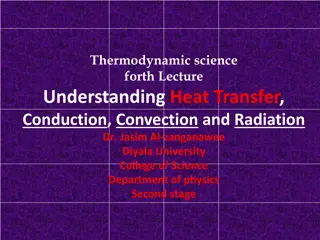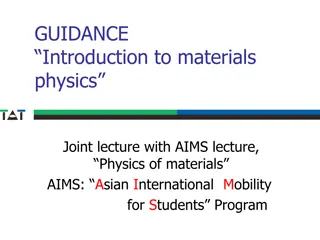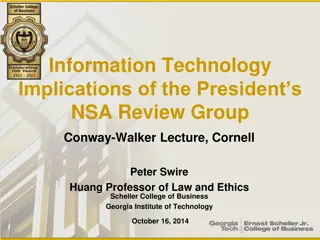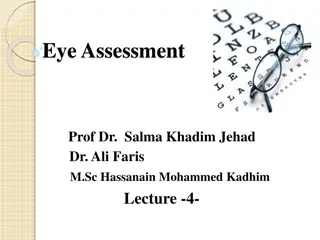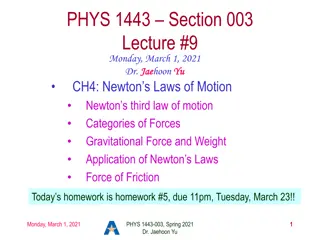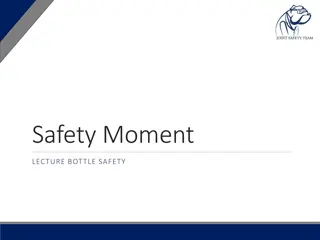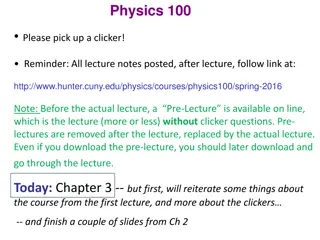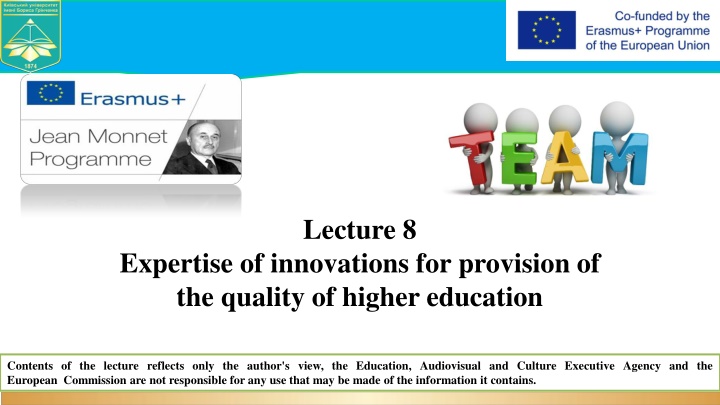
Innovative Activities in Higher Education: Expertise and Impact
Explore the world of innovative activities in higher education, focusing on expertise, evaluation methods, and the impact of innovations. Learn about the essential characteristics and systemic formation of innovation in educational environments.
Download Presentation

Please find below an Image/Link to download the presentation.
The content on the website is provided AS IS for your information and personal use only. It may not be sold, licensed, or shared on other websites without obtaining consent from the author. If you encounter any issues during the download, it is possible that the publisher has removed the file from their server.
You are allowed to download the files provided on this website for personal or commercial use, subject to the condition that they are used lawfully. All files are the property of their respective owners.
The content on the website is provided AS IS for your information and personal use only. It may not be sold, licensed, or shared on other websites without obtaining consent from the author.
E N D
Presentation Transcript
Lecture 8 Expertise of innovations for provision of the quality of higher education Contents of the lecture reflects only the author's view, the Education, Audiovisual and Culture Executive Agency and the European Commission are not responsible for any use that may be made of the information it contains.
Plan Innovative activity in higher education: the 1) parameters of analysis and evaluation. 2) Types and types of expertise of innovative activity. 3) Methods of selection and forecasting of innovative processes in higher education, criteria for their effectiveness. 4) Expert evaluations in innovative pedagogical activity. 5) Criteria for evaluating innovative educational projects.
Innovative activities in higher education: definition analysis Innovations are newly (applied) and / or advanced competitive technologies, products or services, as well as organizational and technical solutions of production, administrative, commercial or other nature, that significantly improve the structure and quality of production and / or social sphere.(Innovations in Higher Education: Glossary of Terms and Concepts) Innovative activities are activities aimed at the use and commercialization of research and development results and predetermines the launch of new competitive goods and services on the market. Innovation activity is carried out in accordance with the legislation on educational, scientific, scientific, technical and innovative activities. (Innovations in Higher Education: Glossary of Terms and Concepts) Innovation is a novelty introduced for the first time, however, most innovations involve the transfer of existing approaches in new conditions by adapting them or by introducing gradual changes in existing systems. (Glossary of the European Foundation for Education))
Innovative activities in higher education: essential characteristics Innovation in education: a natural phenomenon, dynamic in character and developmental in results;; They allow to resolve the contradictions between the traditional system of education and a qualitatively new educational system; They impact the general level of professional activity of a teacher; They expand the innovative field of educational environment in an educational institution.
Innovative activity in higher education (As a systemic formation) Innovation in a higher education institution Innovative environment Innovative process Innovative potential Innovative activities
Modeling of innovative activity in higher education The external environment of the organization Mission, Strategic Goals, Strategy, Tactics and Implementation Policy The internal environment of the organization The problems of the organization development Innovation change projects in the organization Results of innovative projects; new training technologies; use of computer and telecommunication technologies in the process of training; improved organizational structure; the implemented quality system of educational services
The technology of the examination of educational innovations involves the passage of a number of successive stages: 1) submission of an application for examination of an innovative project, determination of its goals, scope and content of issues requiring skilled analysis; 2) formation of an expert group, which includes skilled, experienced experts; 3) providing experts with basic and additional information about the developed innovation and the educational institution; 4) establishment of value bases, approaches, criteria and development of rules and procedures of examination; 5) conducting an examination; 6) analysis of results, elaboration of a joint opinion, advising and consulting clients of expertise.
Groups of criteria for the examination of educational innovations: methodological are characterized by indicators of relevance, scientific validity of the concept and the certainty of the theoretical and methodological foundations of the innovation project; procedural - establish the degree of elaboration of the innovation implementation process, its conformity to the innovative development strategy of the educational institution;; resource are determined by the indicators of integrity, optimality and the necessary level of personnel, information and communication, organizational, managerial, technological, material and financial resources of the educational institution as a subject of innovation; technological - evaluation of proposed forms, methods, procedures for organizing, managing and monitoring the activities of project participants; resultative are the indicators of the clarity of the taxonomy of the objectives of the innovative project, the means of diagnosing their achievement. - - - - -
Contents of the lecture reflects only the author's view, the Education, Audiovisual and Culture Executive Agency and the European Commission are not responsible for any use that may be made of the information it contains.


